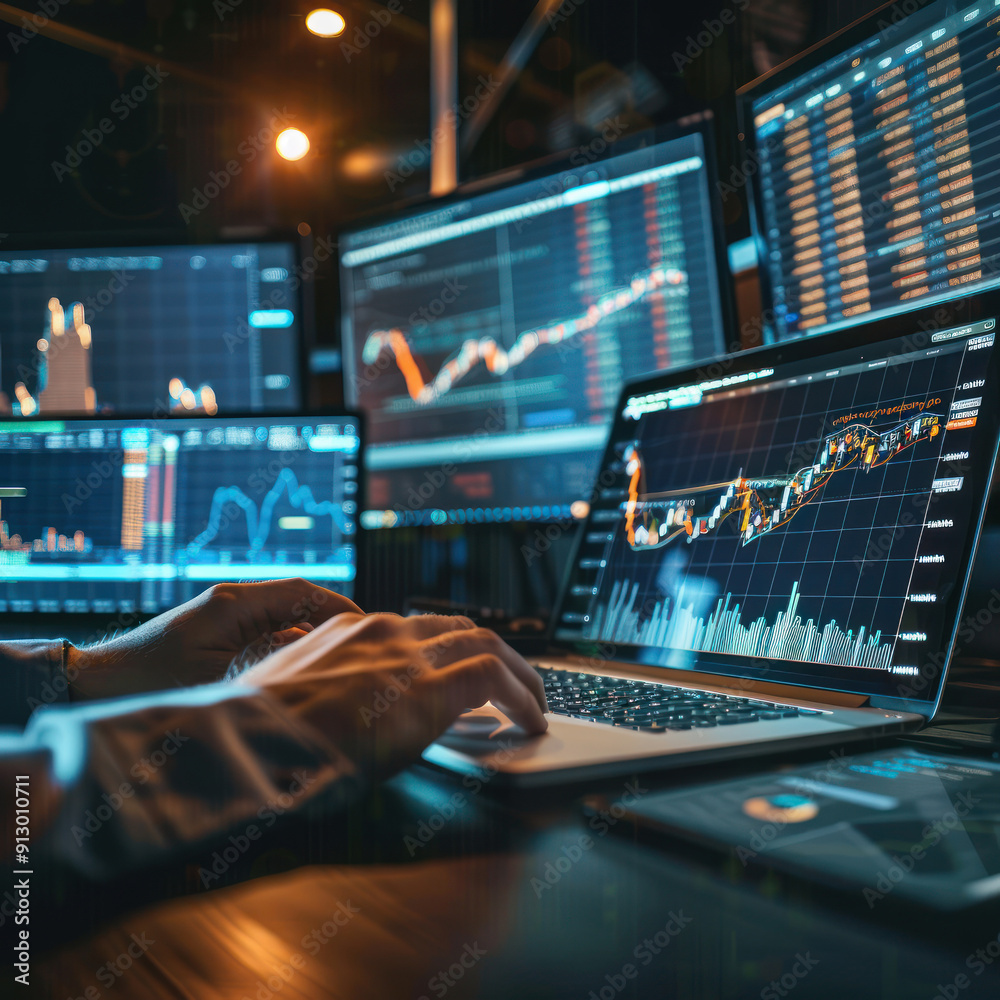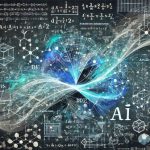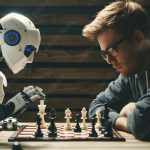The stock market has always been a challenging and dynamic environment, where traders and investors use various strategies to predict price movements. With the rise of Artificial Intelligence (AI) and machine learning, many wonder: Can AI outperform human traders? Let’s explore the role of AI in stock market predictions and whether it has the edge over human expertise.
—
How AI Works in Stock Market Predictions 🤖📈
AI utilizes vast amounts of historical and real-time data to detect patterns, make predictions, and execute trades at lightning speed. Here are some of the key AI-driven techniques used in stock market forecasting:
1. Machine Learning Algorithms 🧠
AI models, such as neural networks and deep learning algorithms, analyze historical price movements and identify trends that may not be apparent to human traders. These models continuously improve by learning from new data.
2. Natural Language Processing (NLP) 📜
AI-powered tools analyze financial news, earnings reports, and social media sentiment to predict how market events will impact stock prices. NLP helps AI understand the market’s emotional pulse.
3. High-Frequency Trading (HFT) ⚡
AI executes trades within microseconds based on real-time data, allowing firms to capitalize on small price fluctuations before human traders can react.
4. Sentiment Analysis 📊
AI scans financial forums, analyst reports, and news articles to gauge investor sentiment and predict market movements. This helps in understanding bullish or bearish trends.
5. Risk Assessment & Portfolio Management 💼
AI-powered robo-advisors analyze risk tolerance, financial goals, and market conditions to provide personalized investment strategies, making stock market participation accessible to more people.
—
AI vs. Human Traders: Who Wins? 🏆
Advantages of AI in Trading 🚀
✅ Speed & Efficiency – AI processes and executes trades within milliseconds, whereas humans take longer to analyze data and react.
✅ Data-Driven Decisions – AI eliminates emotional bias, relying solely on data patterns and probability.
✅ 24/7 Monitoring – AI operates continuously, tracking global markets around the clock.
✅ Handling Large Data Sets – AI can process vast amounts of financial data, far beyond human capacity.
Advantages of Human Traders 🧑💼
✅ Intuition & Experience – Humans can factor in macroeconomic shifts, unforeseen events, and complex geopolitical situations that AI may struggle to interpret.
✅ Adaptability – Human traders can adjust to market anomalies, while AI may struggle with sudden, unpredictable events.
✅ Regulatory & Ethical Considerations – AI-driven trading may face restrictions and ethical concerns that humans can navigate better.
—
Can AI Beat Human Traders? 🤔
While AI has a clear advantage in terms of speed, efficiency, and pattern recognition, it does not always outperform human traders in all situations. Many successful investors combine AI-driven insights with human intuition to create a balanced trading strategy.
The Future of AI in Stock Trading 🔮
The integration of AI in stock market trading is expected to grow, with advancements in deep learning, quantum computing, and AI ethics shaping the industry. Rather than replacing human traders, AI is likely to become a powerful tool that enhances decision-making, minimizes risks, and maximizes profits.
—
Conclusion: A Collaboration, Not a Competition 🤝
- AI may not completely replace human traders, but it undoubtedly provides a competitive edge. The best approach lies in leveraging AI’s data-driven analysis while incorporating human intuition and experience. The future of stock market predictions is not about AI vs. humans—it’s about how both can work together to achieve better results.


